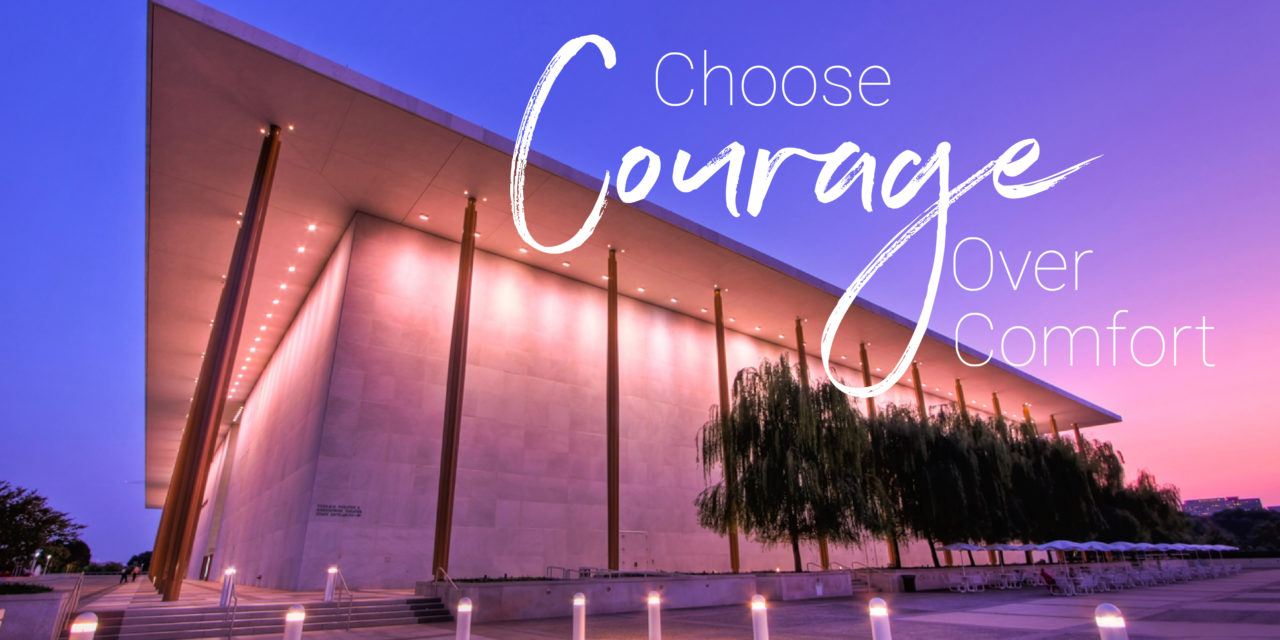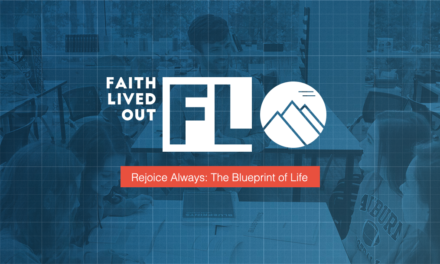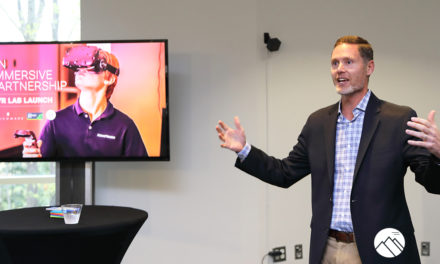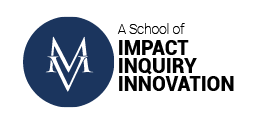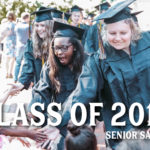This is my story, but similar stories pour out too frequently from the lips of students who hear the message that their passions are worthless, 20% of teens today in the US alone, do not complete high school. The students who stay in school, still dropout mentally because they do not see the value of what they’re learning. Something needs to change because this is hurting our students and our economy. The cost of young people dropping out of school adds up to nearly 20 billion dollars. Money spent on crime prevention, welfare programs and unemployment programs could be better spent improving the quality and curriculum of our public schools.
So how might we engage more students in learning so they can see their worth, rather than feel obligated to conform to the cookie cutter narrative of success?
The Jacob K. Javits Gifted and Talented Students Education Program offers one solution. The Javits program allows students of different learning abilities to be included in gifted programs. There are many ideas of what gifted programs should and shouldn’t be, but for the most part, they require students who excel in multiple subjects to come together and solve real world problems. This style of problem-based learning allows all students to believe that they do not have to excel in every subject to contribute impactfully within a learning environment.
Schools should embrace the mindset that one size does not fit all when it comes to education. Gifted programs should become accessible for all students because each student is gifted to some extent, but depending on their passion, some gifts are prioritized over others within schools. In gifted programs and in life, we need students who excel in math, but we also need students who excel in art, humanities, creative writing, communication…the list goes on. There should not be one fixed mindset about what success looks like within schools because when we focus on that cookie cutter narrative we are failing our students.
What I want to leave you with today is this;
Students are not all alike. We should stop assuming that one model of education fits the spectrum of student abilities. Instead, we should embrace the individuality of the puzzle pieces that come together to form a complete picture.

